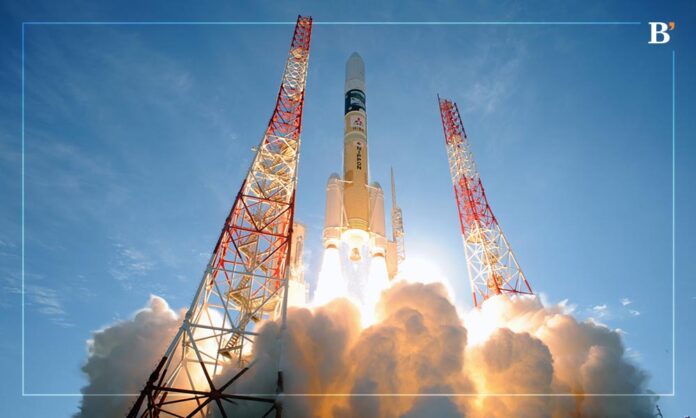Key Highlights
- Japan’s space agency said that the Japanese space rocket launch taking satellites into orbit to demonstrate new technologies failed after blast-off on 12th October due to a positioning problem.
- It was the first failed launch of Japan in nearly two decades and the only one for an Epsilon space rocket, a solid-fuel model that has flown five successful missions since its 2013 debut.
Yasuhiro Funo of JAXA, who led the project, said that the unmanned craft took off from Uchinoura Space Center in the southern Kagoshima region, with its lift-off live-streamed by the Japan Aerospace Exploration Agency (JAXA). But a self-destruct signal was sent to the rocket less than 10 minutes later due to positioning abnormalities.
The live stream was stopped, and presenters wearing hard hats told viewers there had been a problem with the launch.
At a press conference, Funo explained that a technical issue was detected before the third and final stage of the launch, just as the final powerful booster was about to be ignited. He said that they ordered the rocket’s destruction because if they cannot send it into orbit as planned, they don’t know where it will go, leading to safety concerns about where the machinery could fall.
He added that after the mission was aborted, the parts of the rocket were assumed to have landed in the sea east of the Philippines.
The last failed space launch of Japan was of a pair of spy satellites to monitor North Korea in 2003, and the only other time JAXA sent a destroy order to a rocket was in the year 1999.
The space program of Japan is one of the largest in the world. As part of the Crew-5 mission, JAXA astronaut Koichi Wakata flew to the International Space Station last week.
JAXA has also been in the spotlight after its mission to the asteroid Ryugu by a space probe named Hayabusa-2, which gathered new material from the celestial body that is now being analyzed for clues to the origins of life.
For more updates on space industry, Click here.




